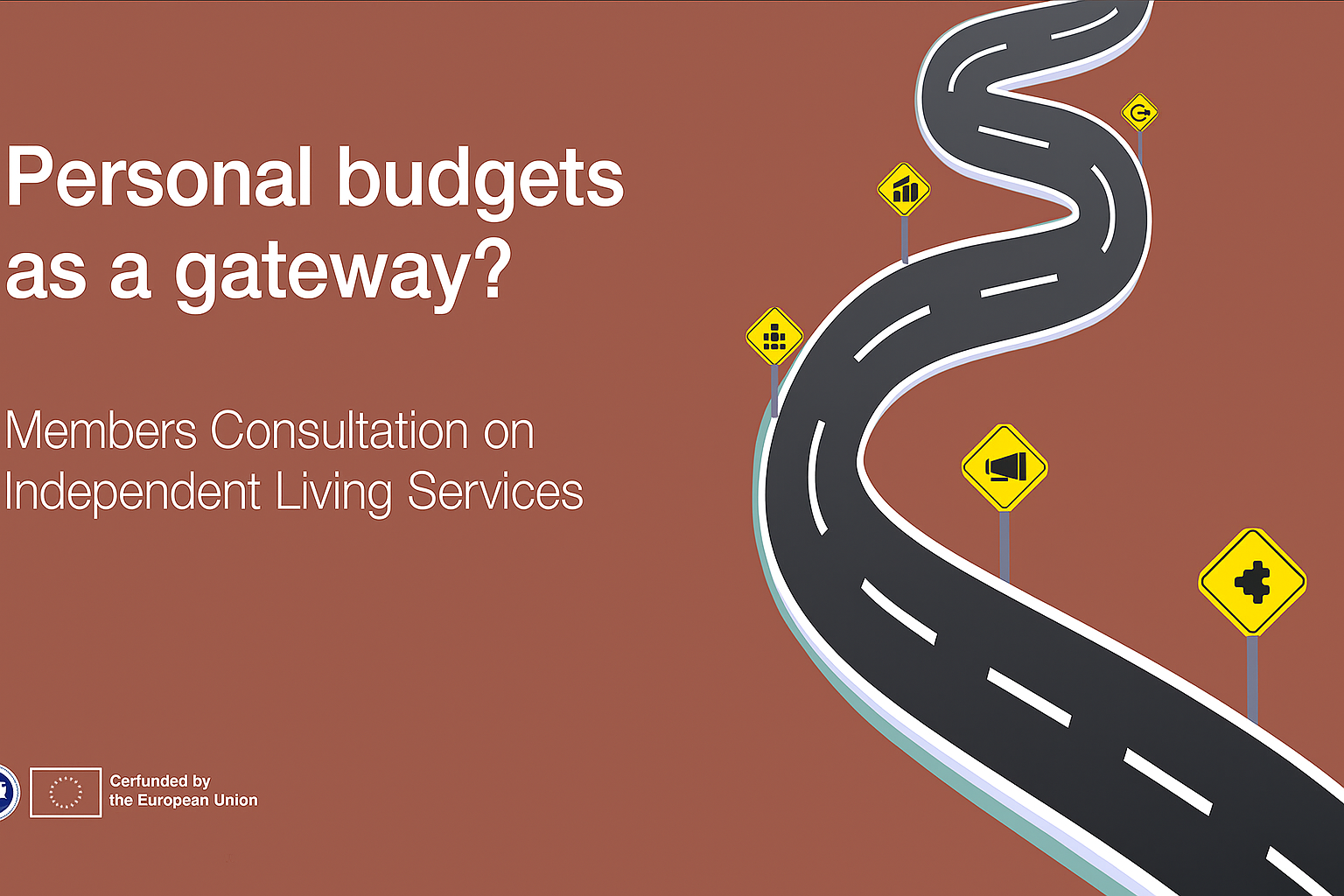On 16th March, the European Network on Independent Living (ENIL) took part in a roundtable in the Croatian Parliament, organised by Platform 112 and hosted by the Member of Parliament Bojan Glavašević. Platform 112 is a coalition of civil society organisations – among them the Association for Self-Advocacy – focused on promoting the rule of law.
The roundtable was organised in response to the lack of political will to continue the process of deinstitutionalisation of adults with disabilities – a process which began under the previous Government, and resulted in the closure of several long-stay residential institutions. Recently, the right of disabled people to live in the community was referred to as a ‘failed experiment’ in the mainstream press and one of the promoters of independent living for people with mental health problems, Ladislav Lamza, lost his job as a result of public pressure. The Croatian de-institutionalisation strategy, which has run out in 2016 (and 2018 for people with mental health problems) has not been replaced with a new strategic document.
While some 600 people have access to personal assistance, this service is still provided on a project basis by NGOs and is limited to 20 hours per week. As noted by a participant in the roundtable, a former MP and herself a PA user, having to fund most their support and services privately is bringing disabled people to the brink of poverty. The law on personal assistance, due some time ago, has been shelved as a result of lack of funds – as explained by a representative of the Ministry of Demography, Family Youth and Social Policy.
In addition, the Ombudswoman for Persons with Disabilities, Anka Slonjšak, raised serious concerns about the Government’s plans to expand the system of foster care for adults with disabilities; this after her office highlighted a range of human rights abuses that occur in family homes and foster families, in a 2016 report.
ENIL’s role in the roundtable was to present our briefing on EU Funds and Independent Living, which included data from Croatia. ‘Transition from institutional to community-based care’ is one of the investment priorities, but there are severe delays in funds implementation. While the European Social Fund (ESF) is used to fund personal assistance services, EU funds have so far failed to facilitate the process of closing institutions and developing community-based alternatives that promote independent living.
Together with our Croatian partners, in particular the Association for Self-Advocacy and Platform 112, ENIL will continue monitoring the situation in Croatia and supporting advocacy efforts to remove the remaining barriers to independent living.


